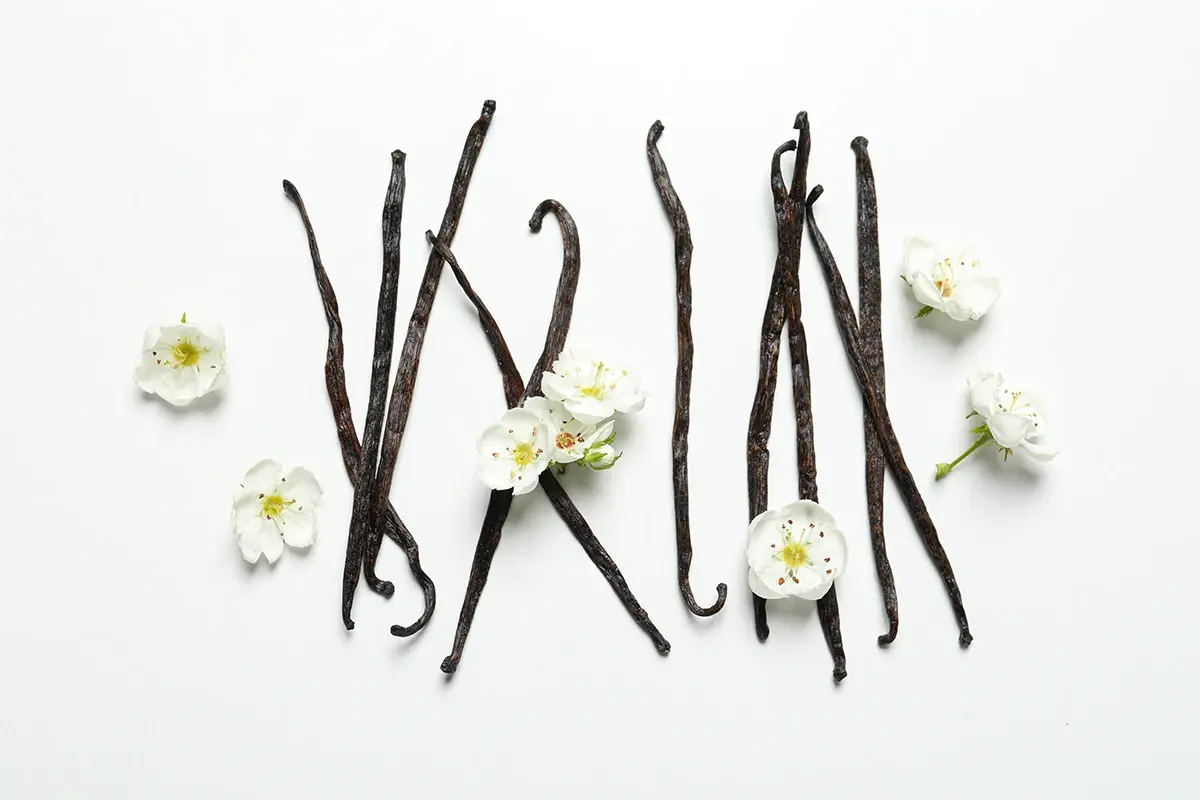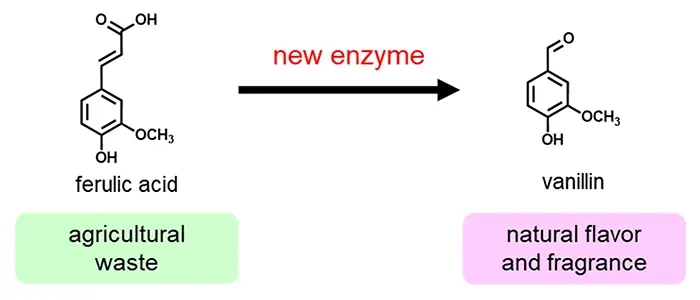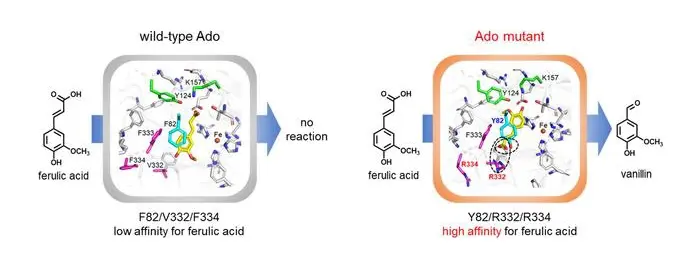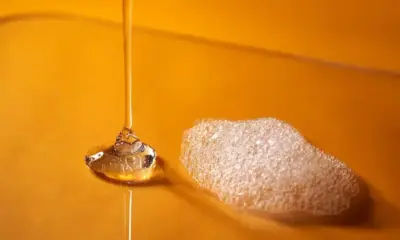Fragrances
Genetic engineering produces natural vanillin from plant waste, offering commercial potential
Vanillin can be produced from agricultural waste using the Ado enzyme, which facilitates a scalable solution for its natural production.

Researchers at Tokyo University of Science in Japan have engineered a novel enzyme capable of converting ferulic acid from plant waste into vanillin, a widely utilized flavoring and fragrance compound. Personal Care Insights spoke with the lead researcher to delve into this sustainable solution and the commercial viability of natural vanillin. Genetic engineering produces natural vanillin from plant waste, offering commercial potential.
courtesy of Professor Toshiki Furuya
Vanillin, the primary compound in vanilla extract, is traditionally extracted from seed pods. However, the low yields and current climatic conditions are restricting the availability of natural vanilla. The university states that synthetic alternatives fail to replicate the classic flavor profile of natural vanilla, leading to increased demand.
To tackle these issues, Professor Toshiki Furuya and his team developed the Ado enzyme. Until now, no enzymes derived from microorganisms or plants have been able to convert ferulic acid to vanillin on an industrial scale. The researchers highlight the “considerable potential” for commercial production of natural vanillin using this innovative method.
Enzyme Efficiency and Sustainability
How does your new enzyme differ from traditional methods of vanillin production in terms of efficiency and sustainability?
Furuya: While vanillin is sourced from plants, the extraction yield is limited. Consequently, most vanillin production relies on chemical synthesis from petrochemicals. However, these chemical processes do not completely eliminate the use of toxic reagents and the creation of harmful by-products.
Our method utilizes natural ferulic acid derived from agricultural waste, such as wheat and rice bran, in conjunction with our new enzyme, without any petrochemical involvement. Vanillin can be produced simply by mixing the enzyme and ferulic acid at room temperature. Our approach leverages enzymes and agricultural waste, providing a sustainable and cost-effective method for vanillin production. Genetic engineering produces natural vanillin from plant waste, offering commercial potential.

courtesy of Professor Toshiki Furuya
Plants are viewed as sustainable raw materials because they are renewable and absorb carbon dioxide as they grow. In contrast, petroleum is not easily renewable and contributes to increased carbon dioxide emissions when utilized. Our method is sustainable because it uses plants as the raw material for vanillin and promotes the effective utilization of unused agricultural waste.
Genetic Engineering Techniques
Can you elaborate on the genetic engineering techniques used to modify the enzyme that converts ferulic acid into vanillin?
Furuya: The Ado enzyme is composed of around 600 amino acids made up of 20 different types. Originally, it converts a compound called isoeugenol, but it could not convert ferulic acid. We successfully enhanced its capability to convert ferulic acid to vanillin by genetically modifying the amino acid sequence of the Ado enzyme.
Potential Applications in the Personal Care Industry
What are the potential applications of your enzyme in the personal care industry?
Furuya: Our method enables the enzymatic production of vanillin from plant-derived raw materials without petrochemical usage, making it suitable for natural vanillin in cosmetics. We aim to further increase the enzyme’s activity to achieve industrial-level vanillin production.
Industrial Application
A study published in Applied and Environmental Microbiology highlights how the Ado enzyme showcases high catalytic efficiency, producing vanillin on a gram scale per liter of reaction solution. The enzyme is combined with ferulic acid and molecular oxygen in a reaction that is straightforward and environmentally friendly.
Research findings indicate that the enzyme also exhibits activity toward other compounds found in agricultural waste, including sinapic acid and p-coumaric acid. Genetic engineering produces natural vanillin from plant waste, offering commercial potential.






















